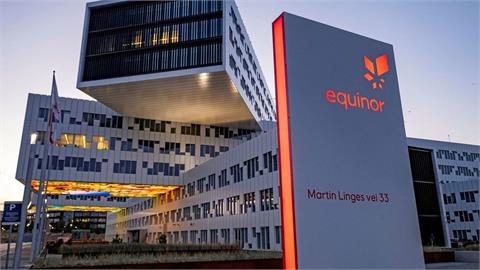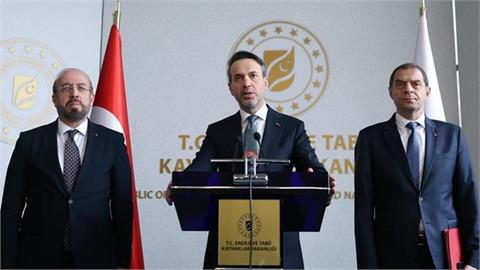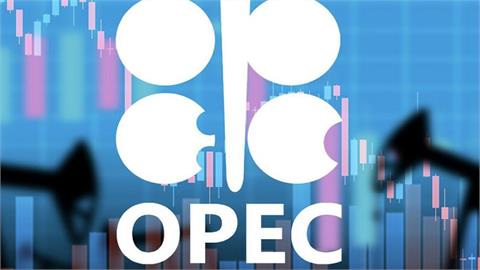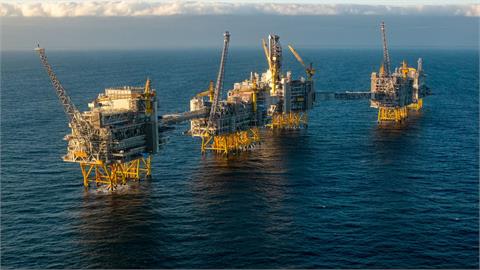Noble Group’s chief executive has become embroiled in a war of words with one of the company’s fiercest critics, as the embattled Asian commodities trader seeks to resolve investor concerns about its accounting and maintain its investment-grade credit rating.
On Wednesday, Yusef Alireza called recent comments by Michael Dee, the former head of Morgan Stanley’s operations in Southeast Asia, "ill-informed”, "inaccurate” and "disingenuous” in an open letter.
Last week Mr Dee called for Richard Elman, Noble’s founder and chairman, to resign — pushing the group’s shares to their lowest in more than five years.
Mr Alireza on Wednesday defended Mr Elman’s record in building the company and highlighted moves by core shareholders to boost their stakes. Mr Elman and Prudential, the UK-based insurer, have both bought shares this month, while Noble has also bought back shares.
In an email to the Financial Times, Mr Dee responded by calling for Mr Alireza himself to buy more shares as a sign of his faith in the group.
"Do it until it hurts. Put your skin in the game. Until you do your letter is just empty words. Show us your money,” Mr Dee said.
"Nothing in Noble’s letter rises to the level needed to erase my concerns,” he added.
Mr Dee’s earlier criticisms of the company echoed concerns first raised in February by little-known research group Iceberg and more recently by shortseller Muddy Waters. Both questioned the size of the group’s debts and the rationale for some of its valuations, among other issues.
In Wednesday’s open letter, Mr Alireza said that the former Noble employee behind Iceberg, Arnaud Vagner, was a "bottom 10 per cent performer” who was sacked for his poor performance. Noble began legal action against Mr Vagner in March.
Iceberg said: "we do not make personal attacks and we do not answer personal attacks”.
Hong Kong-based Noble is Asia’s biggest commodity trading house by sales. It mines, ships and finances iron ore, coal and agricultural commodities.
The group has mounted a vigorous defence of its accounting and its financial strength but has so far failed to restore investor confidence. Since Iceberg went public with its criticism, Noble’s shares have fallen 41 per cent, underperforming Singapore-listed rivals Wilmar and Olam, which over the same period are respectively trading flat and down 6 per cent.
Noble’s biggest shareholders include China Investment Corporation, Orbis Investment Management, Prudential, Templeton and Invesco. They all declined to comment on Noble and the recent performance of its shares.
Goldman Sachs downgraded Noble on Wednesday, cutting its rating to "neutral” from "buy” and setting a new target price of S$0.77.
"This mainly reflects our Commodity team’s less constructive views on commodity prices which would negatively affect Noble’s profitability and cash generation from derivative assets,” Goldman said in a note to clients.
"Credit-related concerns have driven Noble bond yields up 125 basis points over the past month, with potential credit rating downgrades a key risk for Noble (currently one notch above junk status), as cost of funding could increase significantly,” the note also said.
Last week, the group was put on notice it could lose its investment-grade rating after Standard & Poor’s, the credit rating agency, revised its outlook on the group to negative from stable because it felt the company’s trading risk position had weakened. Noble’s BBB-minus rating is the lowest investment-grade rating available.
"The reality is that Noble bleeds cash at an alarming rate and that even S&P has a problem with their gigantic fair values,” Iceberg said in emailed comments.
Noble’s shares finished down 0.7 per cent compared with a 0.8 per cent bounce for Singapore’s blue-chip Straits Times index. The company has bought back shares on three days in the past week and on Wednesday the price, at S$0.71, was just above the level it was when Mr Dee called for Mr Elman’s resignation.
(Financial Times)



